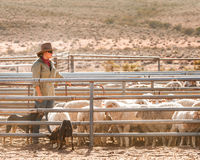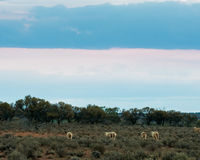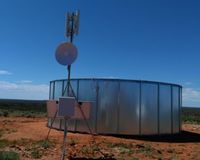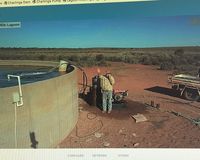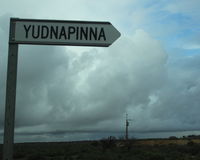Yudnapinna

Acquired in 2016, Yudnapinna Station, located 80km north west of Port Augusta is the company's most recent pastoral acquisition.
Property Location
Situated approximately 80 kilometres north-west of Port Augusta.Situated west of the Stuart highway about halfway between Port Augusta and Woomera, Yudnapinna can trace its pastoral origins to mid nineteenth century. The property was established by Thomas McTurk Gibson and was one of the largest sheep stations in South Australia, with peak shearing of 100,000 sheep in the 1850s.
Purchased by McBride in 2016, the property is currently 224,293 ha and has a maximum stocking level of 29,000 sheep, although dry conditions since acquisition have meant that current stocking levels are closer to half of the maximum.
Yudnapinna has water supply sourced from 11 major dams, 6 wells and 3 bores and is connected throughout the property. The northern part of the property also has a connection to mains water from the Woomera pipeline.
| Manager | Tenure |
| James Gibson | 2016-Current |
12 months at Yudnapinna
Drag the slider to explore each stage of our Livestock Schedule
Donations & Sponsorships
-
Glendambo Gymkhana
Read moreAJ & PA McBride's North Well, Wilgena and Yudnapinna Stations are pleased to sponsor the Glendambo Races and support the local community.
More properties in the North West Pastoral Region
Wilgena
Located near the railway town of Tarcoola, Wilgena is the company's largest property by area.
North Well
The eastern and southern portion of the company's Wilgena pastoral lease.



 View on Google Maps
View on Google Maps
